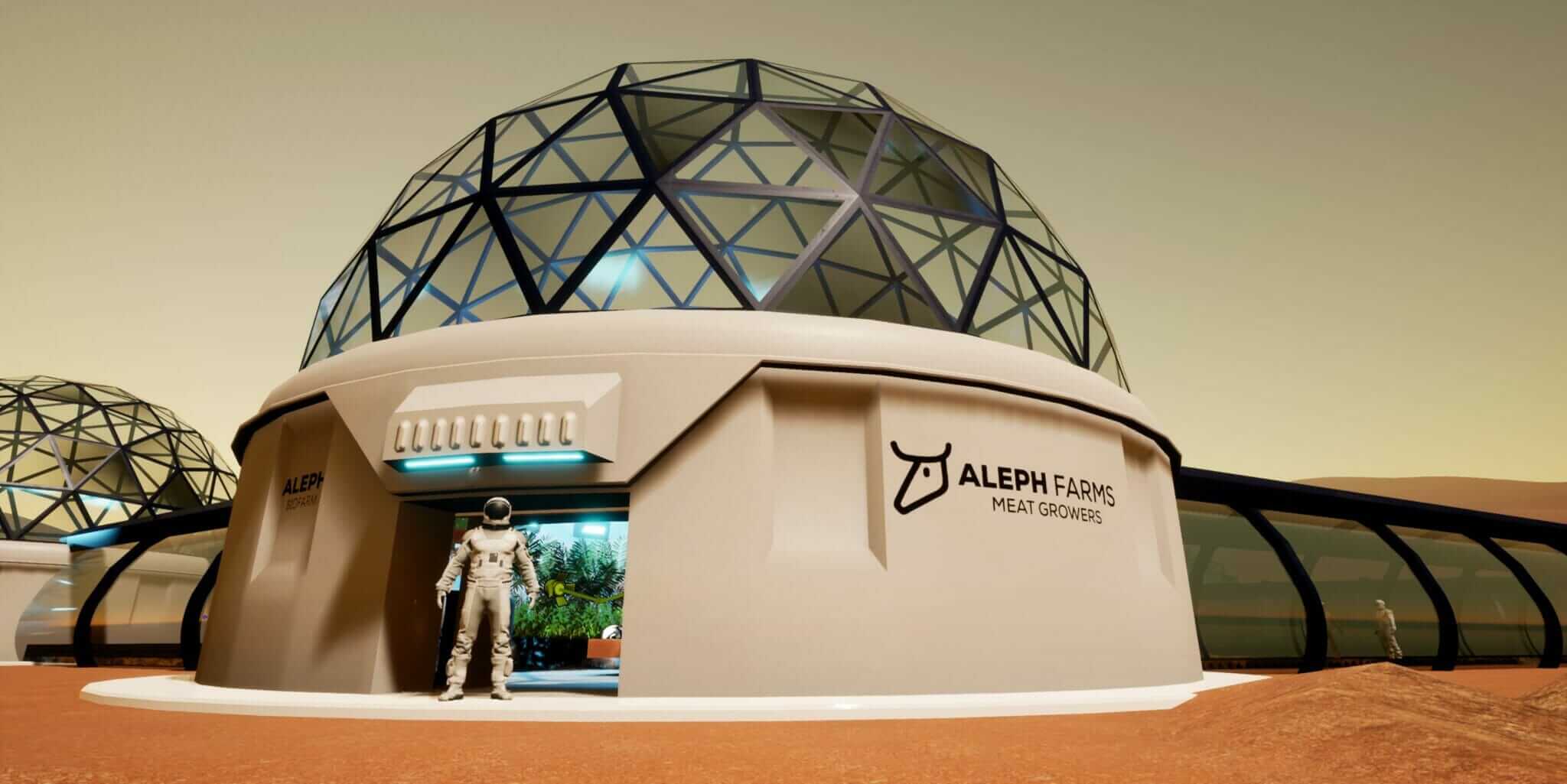"Space Farming: Growing Crops Beyond Earth" – Can we sustain life on other planets through agriculture?
Space Farming: Growing Crops Beyond Earth explores the potential of cultivating crops in extraterrestrial environments to sustain life on other planets. The article discusses the challenges of growing plants in space, such as microgravity, radiation, and limited resources. It highlights innovative techniques like hydroponics, aeroponics, and genetic engineering that are being developed to overcome these obstacles. By examining ongoing experiments and projects, the article showcases how space farming could be crucial for long-duration space missions and future human settlements on celestial bodies like Mars and the Moon.

As humanity sets its sights on exploring and colonizing other planets, the ability to grow food in space is becoming a crucial aspect of long-term space missions. Space farming, or extraterrestrial agriculture, involves creating sustainable agricultural systems that can function in the microgravity and radiation of space environments. This technology is not only essential for providing food to astronauts but also for establishing self-sustaining colonies on other planets. So, can we sustain life on other planets through agriculture?
Growing crops in space presents several unique challenges:
-
Microgravity: Plants have evolved to grow in Earth's gravity, where their roots anchor them to the soil, and their stems and leaves grow upward towards light. In microgravity, plants may have difficulty orienting themselves and efficiently transporting water and nutrients.
-
Radiation: Space environments expose plants to higher levels of radiation compared to Earth, which can damage plant cells and affect growth and productivity.
-
Limited Resources: Space missions have limited supplies of water, nutrients, and growing mediums, making efficient resource management critical for successful space farming.
Despite these challenges, significant progress has been made in space farming:
-
International Space Station (ISS) Experiments: The ISS has been a hub for space agriculture experiments. NASA's Veggie experiment and the European Space Agency's (ESA) MELiSSA project have demonstrated the successful growth of crops like lettuce, radishes, and wheat in microgravity.
-
Hydroponics and Aeroponics: These soil-less growing methods are well-suited for space farming. Hydroponics involves growing plants in nutrient-rich water, while aeroponics suspends plant roots in the air and periodically sprays them with a nutrient solution. These methods use less water and can be more efficient than traditional soil-based agriculture.
-
Bioregenerative Life Support Systems: These systems aim to create closed-loop ecosystems where plants recycle waste, produce oxygen, and provide food. Researchers are exploring the use of algae and other fast-growing crops to create self-sustaining habitats.
Mars is a primary target for space colonization, and successful space farming is a key component of establishing a sustainable human presence on the Red Planet:
-
Martian Greenhouses: Enclosed greenhouses on Mars could protect crops from radiation and extreme temperatures while providing a controlled environment for growth. Researchers are exploring the use of Martian soil, which can be augmented with nutrients, for growing crops.
-
Genetic Engineering: Scientists are investigating the possibility of genetically modifying crops to enhance their resistance to radiation, drought, and other stresses found in space environments.
While there are still many challenges to overcome, the progress in space farming is promising. With continued research and innovation, it is conceivable that we will develop the technologies needed to sustain life through agriculture on other planets. Space farming not only has the potential to support long-term space missions but also to revolutionize agriculture on Earth by developing more resilient and efficient farming practices.
In conclusion, space farming is a critical component of humanity's efforts to explore and colonize other planets. By addressing the challenges of growing crops in space and developing innovative solutions, we can pave the way for a sustainable future beyond Earth. As we continue to push the boundaries of science and technology, the dream of sustaining life on other planets through agriculture is becoming increasingly attainable.
source: Growing Plants in Space: The Future of Sustenance Beyond Earth
What's Your Reaction?












/https://tf-cmsv2-smithsonianmag-media.s3.amazonaws.com/filer_public/54/66/546650fa-26a4-40fd-8d6d-5a7a04540f81/rosetta2.png)
:max_bytes(150000):strip_icc():focal(999x0:1001x2)/robert-prevost-050825-1-39395418ab494da5a3a700c9478e66c8.jpg)















































format(webp))
format(webp))

























